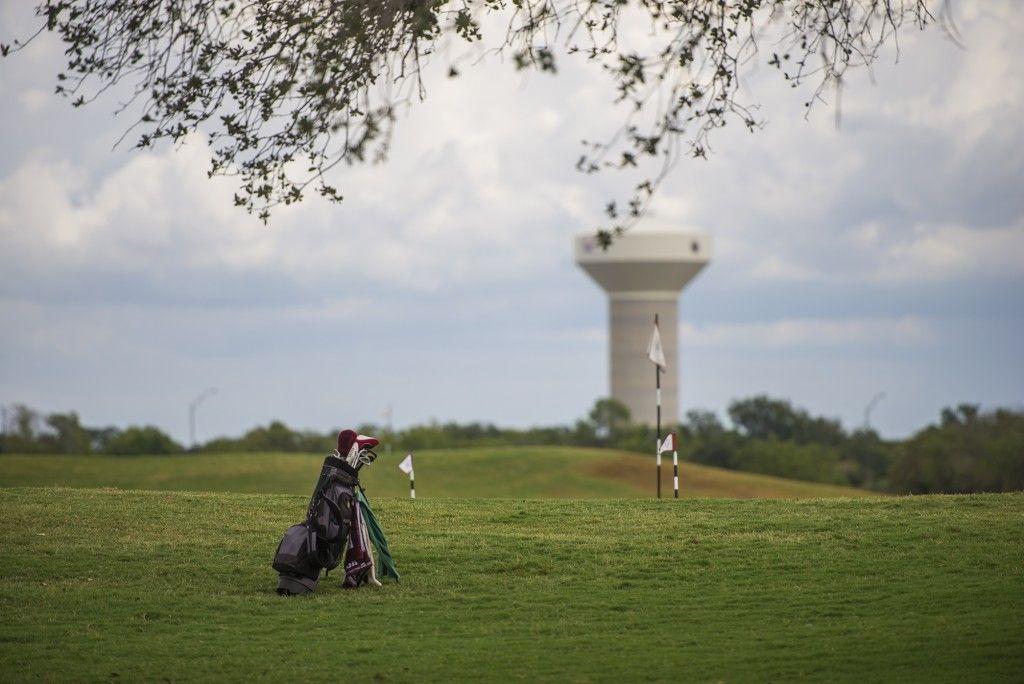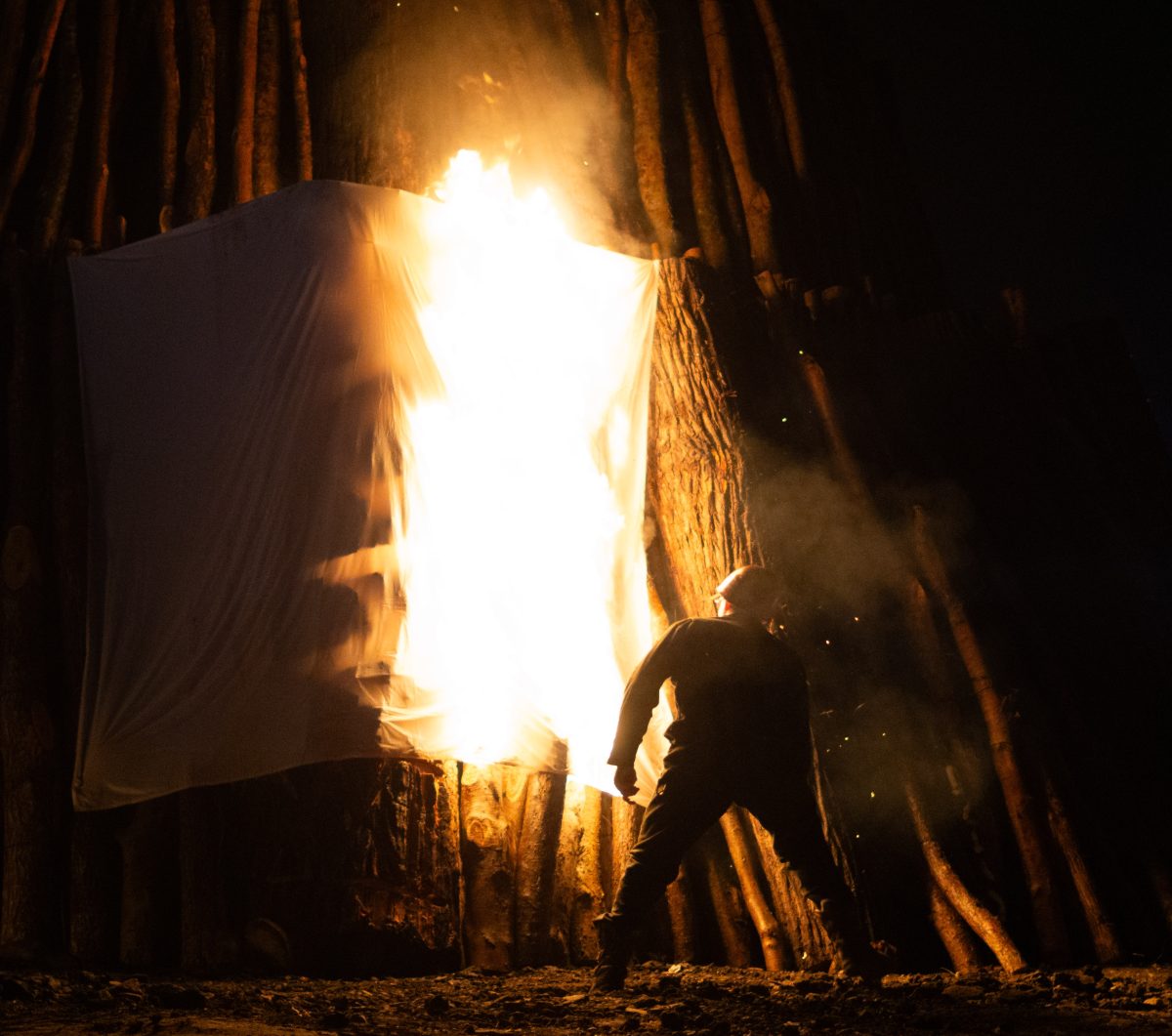Mosquitos tested positive for West Nile Virus at locations on Gleneagles Court and William J. Bryan at Sue Haswell Park in Bryan, and on the University Golf Course.
The last positive result was recorded two weeks ago in Bryan. According to the Brazos Valley Health Department press release, the locations most recently tested are considered the third positive West Nile Virus cases in mosquitoes in Brazos County this year.
“We’ve had West Nile Virus appear in the Bryan/College Station area since it first appeared in Texas in 2002,” news media representative of Brazos County Health Department Mark Johnsen said. “The endemic to the county cycles, and we tend to see cases every year.”
Summer months are usually the peak of mosquito activity, and it is not uncommon for mosquitoes carrying the West Nile Virus to be found in Texas. Entomology professor Gabriel Hamer said the results in College Station were expected.
“I’ve done the reports for Harris County in Houston once or twice, and right now they’re up to 1,143 positive pools for 2014,” Hamer said. “So they’re definitely documenting a big season this year. They also had 63 dead birds test positive for WNV.”
Hammer said human cases were also reported as of Aug. 22 in the Dallas region.
City mosquito control personnel have been notified in Bryan and College Station, and preventative action is set to take place. Johnsen said each location stands by their individual policies in regard to mosquito control and will react accordingly.
“The majority spray after we have a positive, and they go a mile out and treat the area,” Johnsen said. “Bryan treats storm drains for example, and A&M has done a lot of dunking [chemical water treatment not harmful to humans or animals] in the past to kill the larvae form before they can emerge.”
Environmental health and safety officials are in communication with the Brazos County Health Department regarding West Nile Virus activity on campus. A&M is continuing to address mosquito control on campus.
“Mosquitoes are routinely trapped and tested on campus and in other areas of the county,” environmental health and safety director Christina Robertson said. “Positive mosquitoes are commonly found in Brazos County this time of year, and TAMU is continuing to address mosquito control on campus.”
To prevent West Nile Virus from affecting the community and students, officials are advising residents follow the “4 D’s.” These include draining any standing water, wearing insect-repellant that contains DEET, avoiding outdoor activities at dusk and dawn—the most active times for mosquitoes—and dressing in long sleeves and pants when outdoors.
“Obviously 2014 has been an active season for mosquitoes carrying the West Nile Virus, and knowing that it has touched our campus just makes me feel more obligated to take the situation seriously,” senior agricultural systems management major Tres Summerlin said.
Mosquitoes on the University Golf Course tested positive for West Nile Virus.
Photo by Tanner Garza
B-CS mosquitoes test positive for West Nile Virus
August 27, 2014
0
Donate to The Battalion
Your donation will support the student journalists of Texas A&M University - College Station. Your contribution will allow us to purchase equipment and cover our annual website hosting costs.
More to Discover









